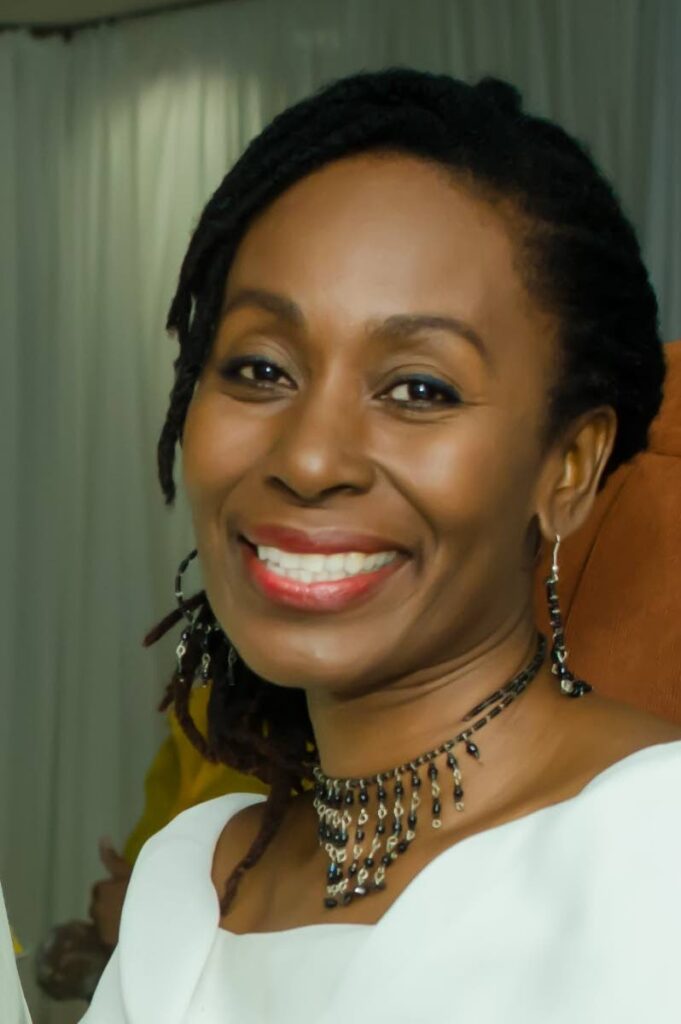Fixing the cracks in our foundation

Culture Matters
DARA E HEALY
SUPPORT, nurturing and love. Experts believe that these may be the difference between a stable group of people living harmoniously and a family in crisis.
When a two-year-old boy wandered outside his home, people along the road saw him. He walked, caught up in his own world, following whatever spiritual energy or instinct that led him out the door.
The adults around him – at home and on the streets – failed to protect him. To cover their shame, they threw stones, they resorted to blame. Maybe too afraid to admit that our problems with family did not begin with “Mani.”
We are used to hearing that family is the foundation of society. Families guide us on how to communicate, negotiate conflict or navigate the world.
Yet as we peer through the window, the picture we see is far from perfect. In the presence of so much trauma, how do we repair the emotional cracks in our families?
First, should we reconsider our definition of family? One description is “a social institution that binds two or more individuals into a primary group.” This group may contain people related by blood, or some other bond, such as an organisation or a gang.
Families are different, depending on time, place, belief or social circumstances. So an East Indian family in Barrackpore would have a different understanding of family from an indigenous community in Arima or residents of the predominantly African community of Roxborough.
Families in TT and the Caribbean are predominantly female-led. In rural areas, the matriarch may be head of an extended family, while urban settings often feature single-female households.
Families have many forms, including “blended…grandparent-led, foster and group home, adoptive parent, sibling families and co-custody families.” I imagine we also have families with same-sex guardians.
The point is, no one solution can work for everyone.
In this society of whispers, you are almost guaranteed to speak with someone who knows of a parent (usually they will say the mother) who knowingly sent their covid19-positive child to school, because they have to work. Daily, commuters battle tens of thousands of vehicles on our roads. In scorching heat or pouring rain, those who do not own cars are subjected to the whims of maxis, p-cars and all the variations in between, simply because we lack a functional public transport system.
Thus, until we develop a holistic philosophy of work, ensure better delivery of social support and properly integrate culture into education and other aspects of society, we will persistently weaken our family structures. This trauma will not just be reflected in the now, but will continue to be intergenerational.
With so many pressures facing parents and families, is it reasonable to ask people consumed by survival or fear of being caught in a gun battle to care about what happens to someone else’s child?
As we commemorate International Day of Families tomorrow, what answers may we find?
For a time, we believed we needed the 1950s western-style nuclear family – perfect wife, perfect children, perfect husband, perfect life. No aunties, grannies or uncles in the picture frame, as progress dictated we leave the family compound for our own, separate space.
Worse, this also meant pushing our children out of their home. “You still living in yuh mudder house?” As one writer commented, we made life “…freer for individuals and more unstable for families…better for adults but worse for children.”
So let those without sin cast the first stone.
The reality is that in TT neglect of children is the most common form of child abuse. This includes lack of proper shelter, food or, as we saw recently, supervision.
Regardless of the type of family, home should be a place of support and guidance, a safe space. Crucially, we should also feel safe at work and at school.
Almost ten years ago, a committee headed by Prof Selwyn Ryan completed a comprehensive report on crime and its interconnectedness to race, inequality and other social challenges. They recommended that “schools must incorporate a culture of love, mutual respect, humility and co-operation.”
Could it really be that simple?
Kimani, whose name means “adventurer,” walked out of the house, perhaps intent on his mission of helping us to heal.
Let us honour him, walk in his memory and the strength of his spirit. Our problems with family did not begin with Mani, but perhaps he will be the child to help close the cracks in the foundation of our nation.
Dara E Healy is a performance artist and founder of the Indigenous Creative Arts Network – ICAN


Comments
"Fixing the cracks in our foundation"